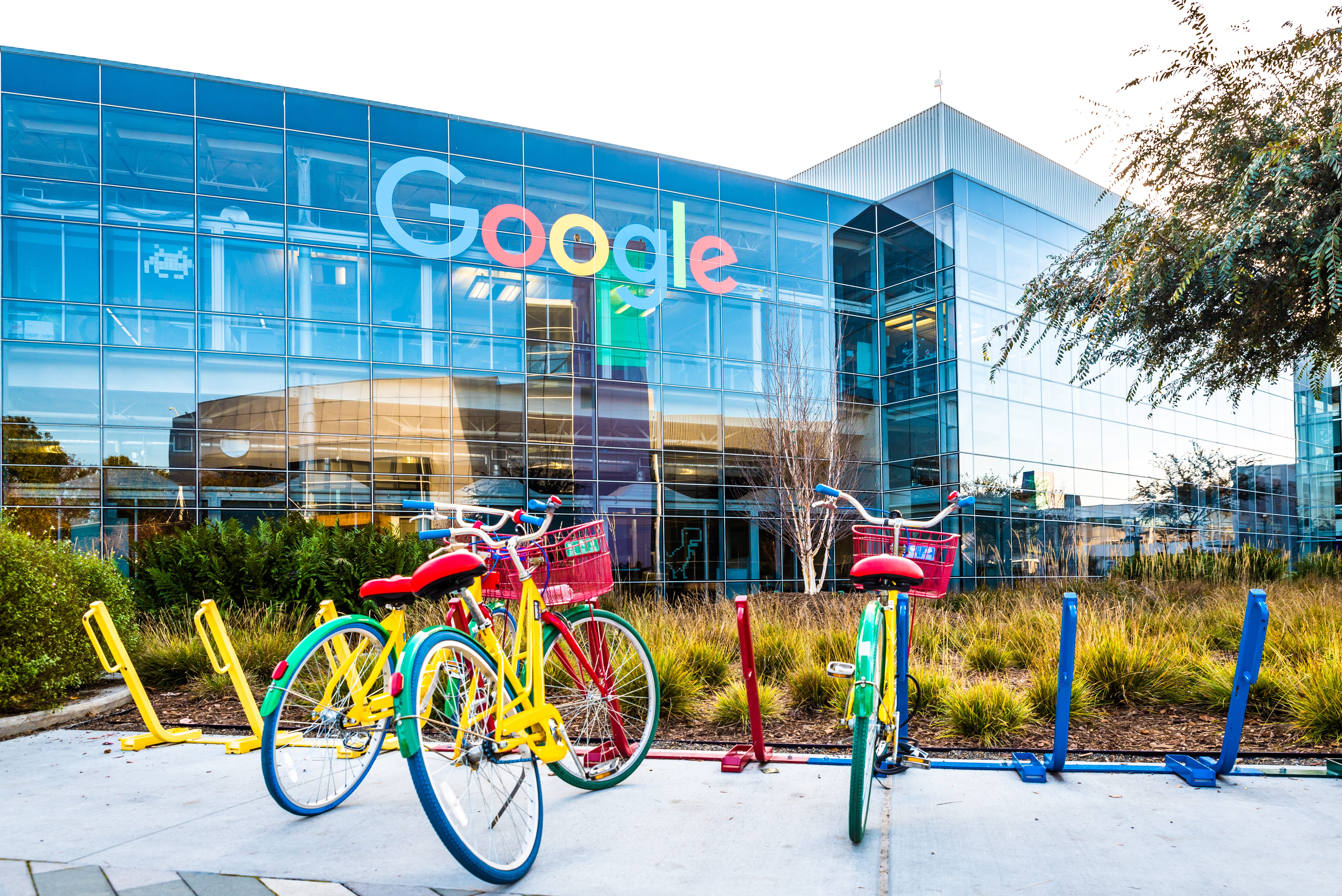The lawsuit alleges violations of antitrust and unfair competition laws, based on Amazon policies toward third-party sellers that offer their products on other online platforms for lower prices.
Articles Tagged with Antitrust
Sixteen universities known for their exclusivity and high price tags have been accused of violating antitrust laws and artificially inflating the cost of attendance for students receiving financial aid.
Amazon warns that new bills in Congress could undermine the businesses of third-party sellers on the Amazon marketplace, and it hopes to enlist sellers in its opposition to the bills.
A bipartisan group of state attorneys general argues that Google has used improper anti-competitive methods to force developers and consumers to use its app store.
In an antitrust case brought by Epic Games, Inc., Apple has asked the court to dismiss a claim that its iOS is an essential facility. While Epic’s claim iOS is an essential facility is only one of ten counts alleged against Apple, a win for Apple on this issue could be impactful.
A proposed state law would require app store operators such as Apple and Google to allow app developers to use their own payment processing systems, thus avoiding fees for the use of systems provided by app stores.
On Friday, December 11, 2020, the State of California filed a motion for joinder in United States of America et al v. Google, LLC, the antitrust lawsuit filed by the United States Department of Justice in October against Google. Eleven states are already named parties in the complaint; California is the first Democratic state to join the lawsuit.
The dispute between the tech giant and the smart speaker maker raises issues involving antitrust and anti-competition in addition to intellectual property.
Tech giant Google faces scrutiny from state attorneys general and the federal Justice Department for potential violations related to online searches, advertising, and Android products.










